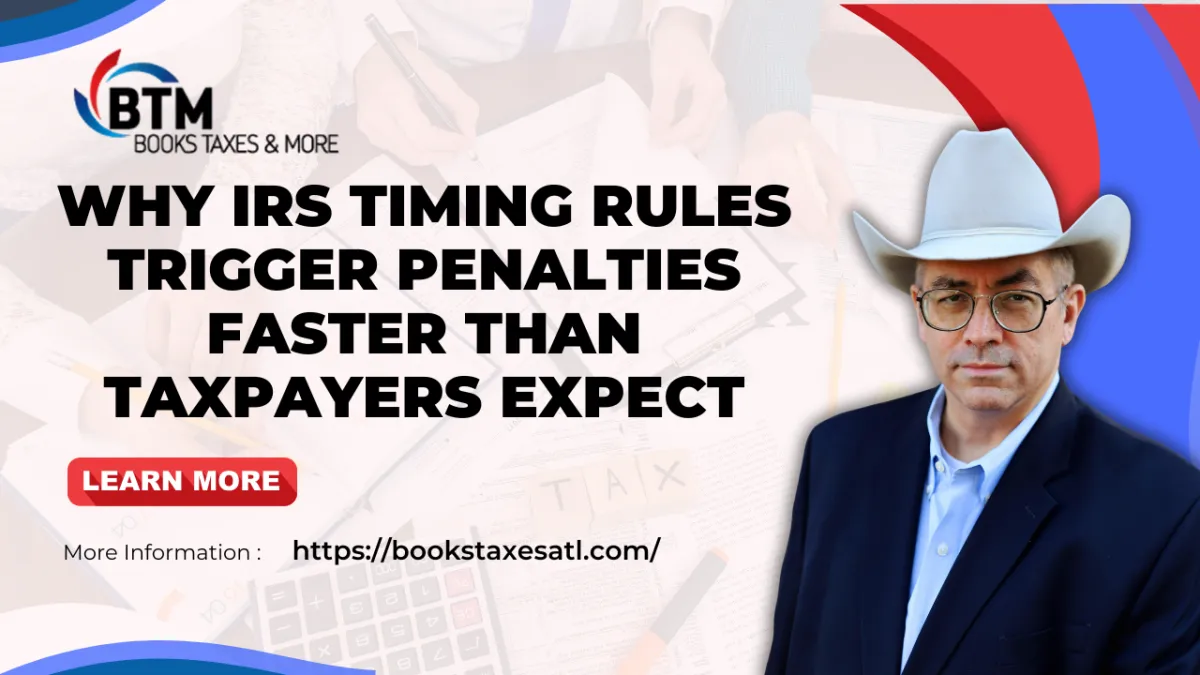The 60 Day Deadline Mistake That Turns Routine Transactions Into Taxable Events
Published on: 26/02/2026
The 60 day rule can turn routine transactions into taxable events if deadlines are missed. Learn how IRS timing rules determine classification and how to avoid costly mistakes.
Tax education articles and IRS representation advice for individuals and small businesses




